* Behind bars in Van Prison since May 2016, journalist Nedim Türfent has been writing for bianet on his column "Pêgermok", which means "pacing back and forth" in Kurdish.
Click to read the article in Turkish
Imagine a life where a person was behind bars when I was just an infant trying to walk while crawling, trying to speak without crying.
I grew up, ran around and went to school. He was still in prison. I went to primary school for eight years, then to high school for four years and to university for another four years. He was still in prison. I took up a job and my struggle for life began. I chased after news and was arrested. He was still in prison. It is easier said than done: I have been arrested for 57 months. I find this period unbearably 'long' and hard. But time is sometimes relative, too. Because he is still behind bars, he is staying in the ward right next to mine.
Ill prisoner Hikmet Kara was 23 years old when he was sent to prison, he is now 51 years old. It is not easier said than done. He spent 28 years of his life behind walls, he is still there. In other words, he has been behind walls for 329 months. It is very hard and grave to even say it. One needs a good grasp of maths to calculate the number of days.
In Turkey, where there is a government "breaking the good news" about I don't know how many new prisons to be opened every year, there are nearly 2 thousand political prisoners imprisoned for 25-30 years.
CLICK - Can Ill Prisoners be Released Due to COVID-19?
Most of us are not really aware of it; even the most 'conscious' of us stop being hardened to this fact when someone loses his or her life here.
Just for a moment... We remember them when we hear the news about one's death, then forget it until the next time. While even pandemic restrictions imposed for a brief period of time make us sick of life, how can we explain being "locked up" for more than a quarter of a century?
1,564 ill prisoners
What hurts one inside, what is the most 'vital' of all in the literal sense of the term is that these people who were imprisoned by the unlawful verdicts handed down by the State Security Courts for decades develop dozens of diseases behind bars. (Let's put a brief footnote here: A couple of people were released following a precedent ruling of the Constitutional Court about the cases heard by the State Security Courts. But, with the touch of a political hand, those releases were stopped immediately.)
According to the data shared by the Human Rights Association (İHD), there are 1,564 ill prisoners in Turkey, 595 of these prisoners are seriously ill. Over the past year, when the novel coronavirus (COVID-19) pandemic has turned into a life threat for chronically ill people, at least 50 prisoners have lost their lives. Except for COVID-19 deaths...
The lives of dozens of ill prisoners are hanging by a thread, from Serdal Yıldırım, who is paralyzed from the waist down and for whom the Forensic Medical Institution gave a report of "He is not in a medical state to stay in prison", to Engin Aktaş, who does not have his arms and suffers from pulmonary diseases, tuberculosis and KOAH.
CLICK - Two Paralyzed Prisoners and One Prisoner Who Does Not Have Hands Stay in Same Cell
They are forced to live face-to-face with death. While the treatment of ill prisoners had already been proceeding at a snail's pace, their treatment has now been interrupted especially due to the pandemic. Guaranteed by both the domestic laws of Turkey and international conventions, the right to life of these people is in danger.
One of them is Hikmet Kara. He first stayed in the Şırnak Type T Prison, then moved to the Batman Type M Prison, the Malatya Type E Prison, the Çankırı Type E Prison, the Ankara-Ulucanlar Prison and he is now in the Van High-Security Closed Prison. He has a series of diseases such as a stomach disease (operated stomach), a cardiac disease (rheumatic mitral valve and coronary artery disorders), diabetes and KOAH.
He had gastric bleeding four times before: In the Çankırı Prison in 1996, 1997 and 2000 and in the Karabük Prison in 2015. Since the pandemic broke out, he has been unable to go to hospital. While he needs to see a doctor at the hospital for his KOAH and cardiac diseases and undergo an angiography, he cannot access healthcare and treatment facilities.
Dehumanization
Even though he requested the deferment of the execution of his prison sentence due to the coronavirus outbreak and with the aim of having the necessary conditions for his treatment, his remaining prison sentence of 2 years and 7 months has not been postponed.
I am acting rather "remorselessly" and ask him whether he is concerned, reminding him that he has serious diseases in the risk group. Several fellow prisoners have recently lost their lives after all these years.
It is really sad, really sorrowful, it hurts one's heart deep inside. Most recently, Sıtkı Bektaş in the Malatya Type E Prison... He was a student of medicine, if I am not mistaken. He lost his life due to gastric bleeding. These news about deaths must not become ordinary.
Easier said than done... 28 years and a sudden death...
All of them take away a part from me. What is the saddest and traumatic of all is that these people of ours are not claimed enough, the public is insensitive to this issue. I do not have a fear of death. My fear is that the death news is getting more and more ordinary.
He defines these recent days that we are all going through as "days of fire." He stresses that insensitivity leads to indifference, indifference leads to getting used to it, which then leads to moral decay. Let me, humbly, add something: Moral decay culminates in dehumanization.
Think of a life in order not to become dehumanized; think of thousands of lives as represented by a single life... Don't remain indifferent so that people will not leave prison in coffins any longer. Don't evade responsibility like drinking water. We will not salt and preserve our conscience that we praise to the skies anyway. Let's lend an ear to this voice.
That people leave prisons in coffins is a shame for this country. This shame belongs to us all, this social shame belongs to every single one of us. (NT/EMK/SD)
* Image: Evrim Kepenek/bianet




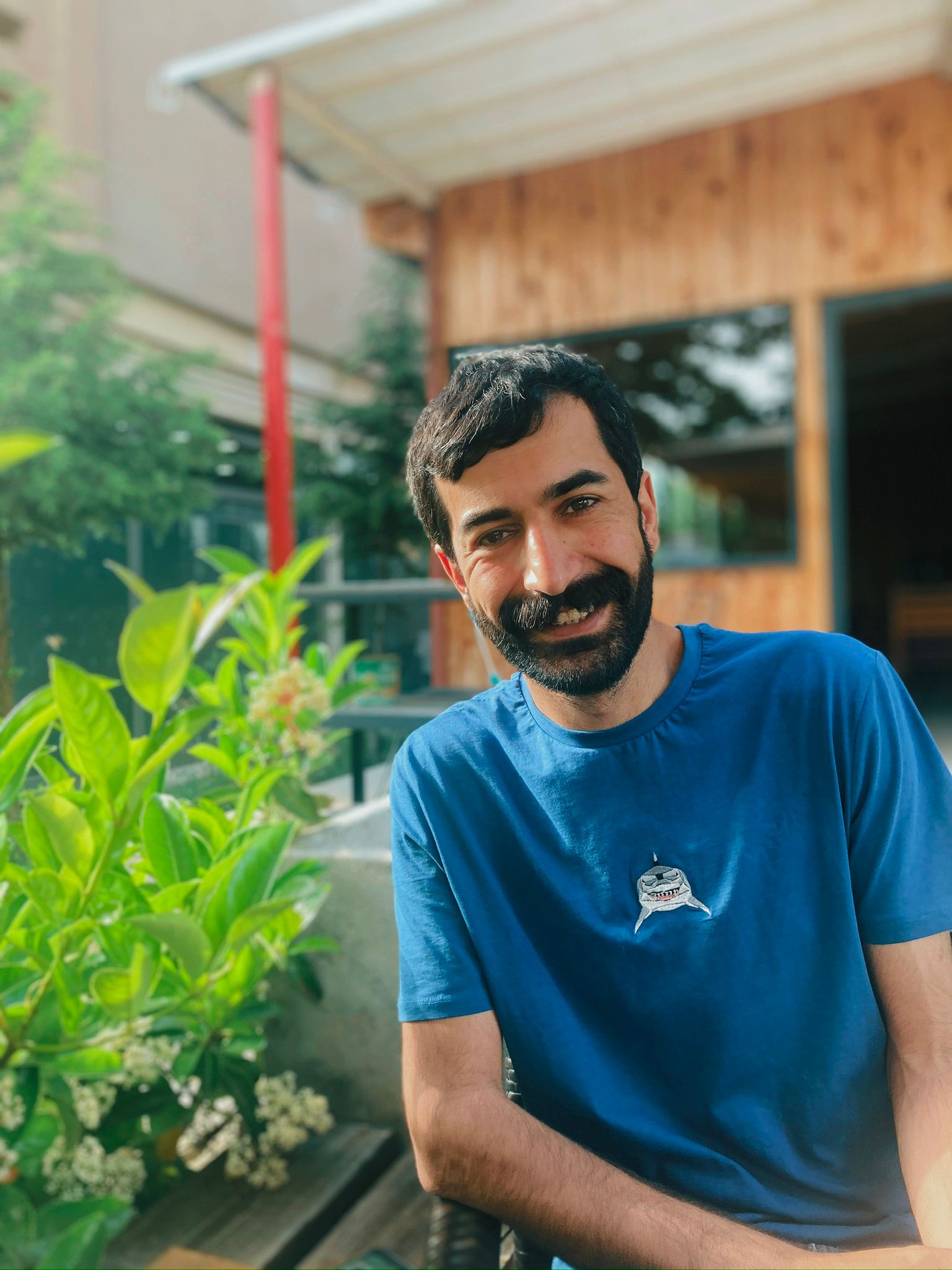
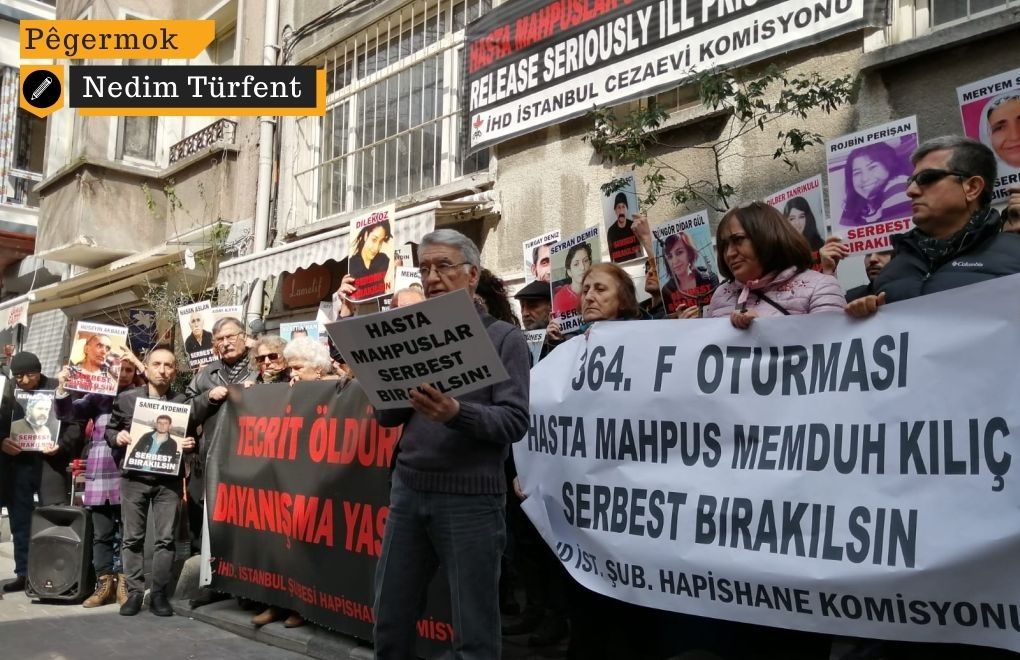
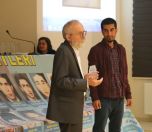
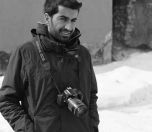
-132.jpg)

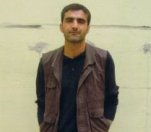
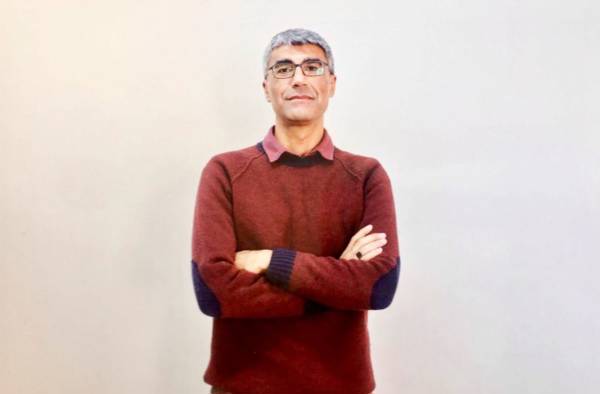
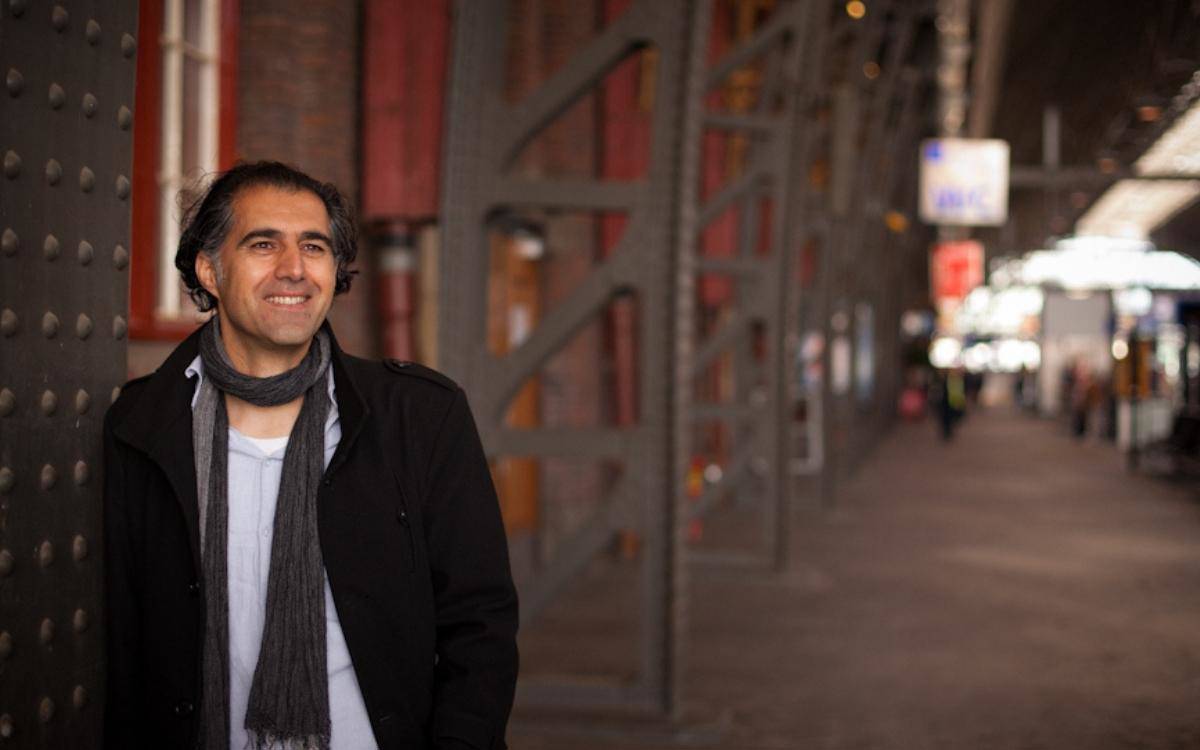
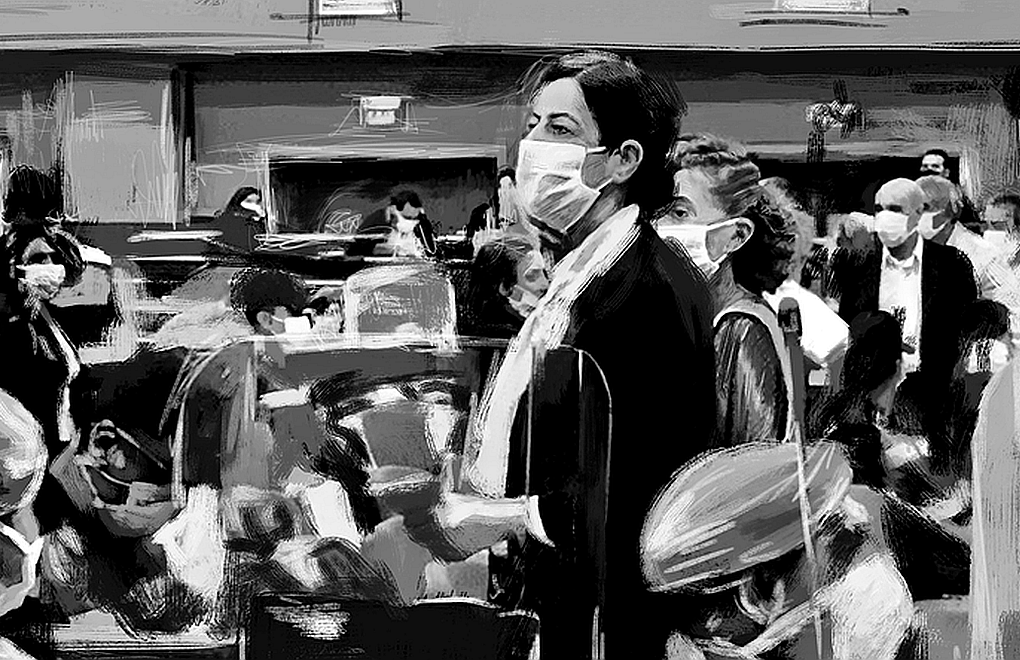
.jpg)
.jpg)